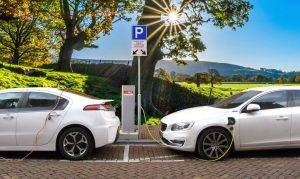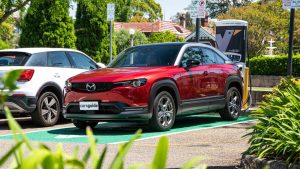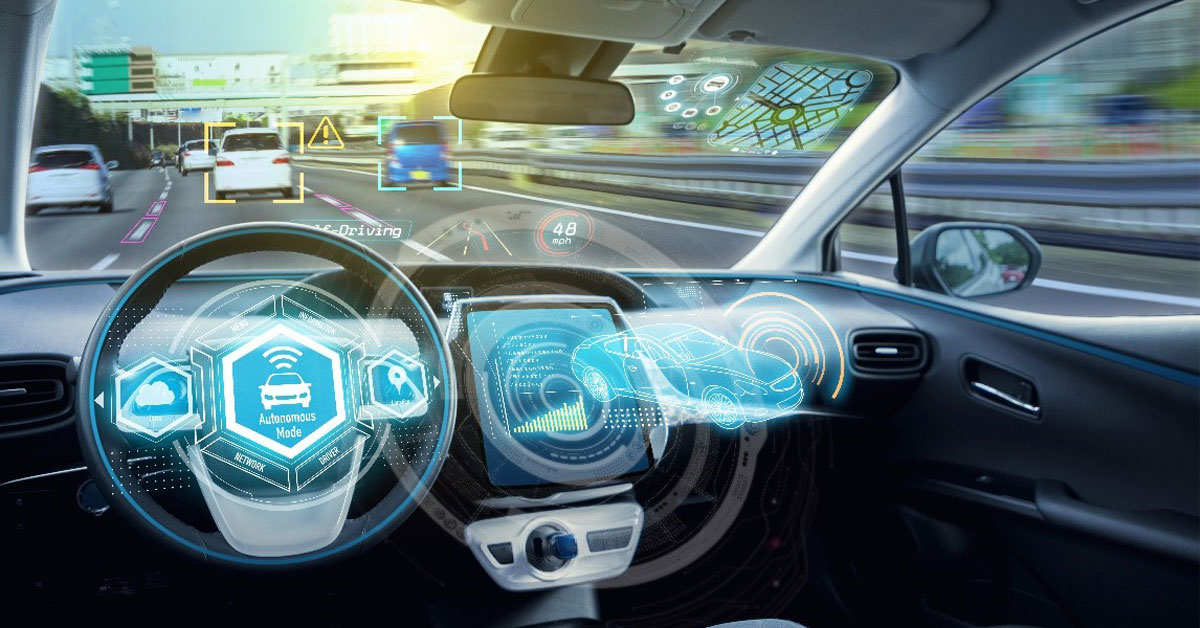The Future of Auto Electrics: A New Era of Mobility
The automotive industry is undergoing a transformative phase, driven by the rapid advancements in electric vehicle (EV) technology. As the world shifts towards sustainable transportation solutions, the role of auto electrics is becoming increasingly pivotal. This article delves into the future of auto electrics and its impact on the automotive landscape.
Electric Vehicles: The Driving Force Behind Change
The rise of electric vehicles has been monumental, challenging the traditional combustion engine-dominated market. With advancements in battery technology, electric motors, and charging infrastructure, EVs are poised to revolutionize the way we think about transportation.
Enhanced Battery Technology
One of the most significant breakthroughs in auto electrics is the development of high-capacity, fast-charging batteries. Companies like Tesla, Panasonic, and LG Chem are investing heavily in research and development to improve battery efficiency and reduce charging times. Solid-state batteries, which promise higher energy densities and faster charging rates, are also on the horizon, paving the way for longer driving ranges and quicker refueling.
Electric Motors: Efficiency and Performance

Electric motors offer superior efficiency compared to their combustion engine counterparts. With fewer moving parts and instant torque, electric motors provide a smoother and more responsive driving experience. As advancements continue, we can expect even greater efficiency and performance from electric propulsion systems, further narrowing the performance gap between EVs and traditional vehicles.
Autonomous Driving: A New Frontier for Auto Electrics
The integration of auto electrics with autonomous driving technology is another exciting development shaping the future of mobility. As vehicles become increasingly autonomous, the demand for sophisticated electrical systems and sensors will skyrocket.
Advanced Sensor Technology
Autonomous vehicles rely heavily on sensor technology, including LiDAR, radar, and cameras, to perceive their surroundings and make real-time decisions. The development of advanced sensor technologies capable of accurately detecting and interpreting complex environments is crucial for the widespread adoption of autonomous driving.
Intelligent Electrical Systems
As vehicles become more autonomous, the complexity of their electrical systems will increase. Intelligent electrical architectures that can manage power distribution, sensor data processing, and communication between vehicle components will be essential to ensure the seamless operation of autonomous vehicles.
Infrastructure and Connectivity: Enablers of Electric Mobility
The success of electric mobility hinges not only on vehicle technology but also on the development of robust infrastructure and connectivity solutions.
Charging Infrastructure

The expansion of charging infrastructure is critical to supporting the growing number of electric vehicles on the road. Governments, energy companies, and automakers are collaborating to develop comprehensive charging networks, including fast-charging stations and wireless charging technologies, to meet the needs of EV drivers.
Vehicle-to-Everything (V2X) Communication
V2X communication enables vehicles to communicate with each other and with infrastructure elements, such as traffic lights and road signs, to improve safety, traffic flow, and energy efficiency. As V2X technology matures, it will play an increasingly important role in enhancing the overall driving experience and facilitating the widespread adoption of electric and autonomous vehicles.
Conclusion
The future of auto electrics is bright, with electric vehicles, autonomous driving, and advanced connectivity shaping the next generation of mobility solutions. As technology continues to evolve, we can expect to see further innovations that will redefine the automotive landscape and accelerate the transition towards a more sustainable and connected future.
By embracing these advancements and investing in research and development, the automotive industry has the potential to create cleaner, smarter, and more efficient transportation solutions that benefit both the environment and consumers.


